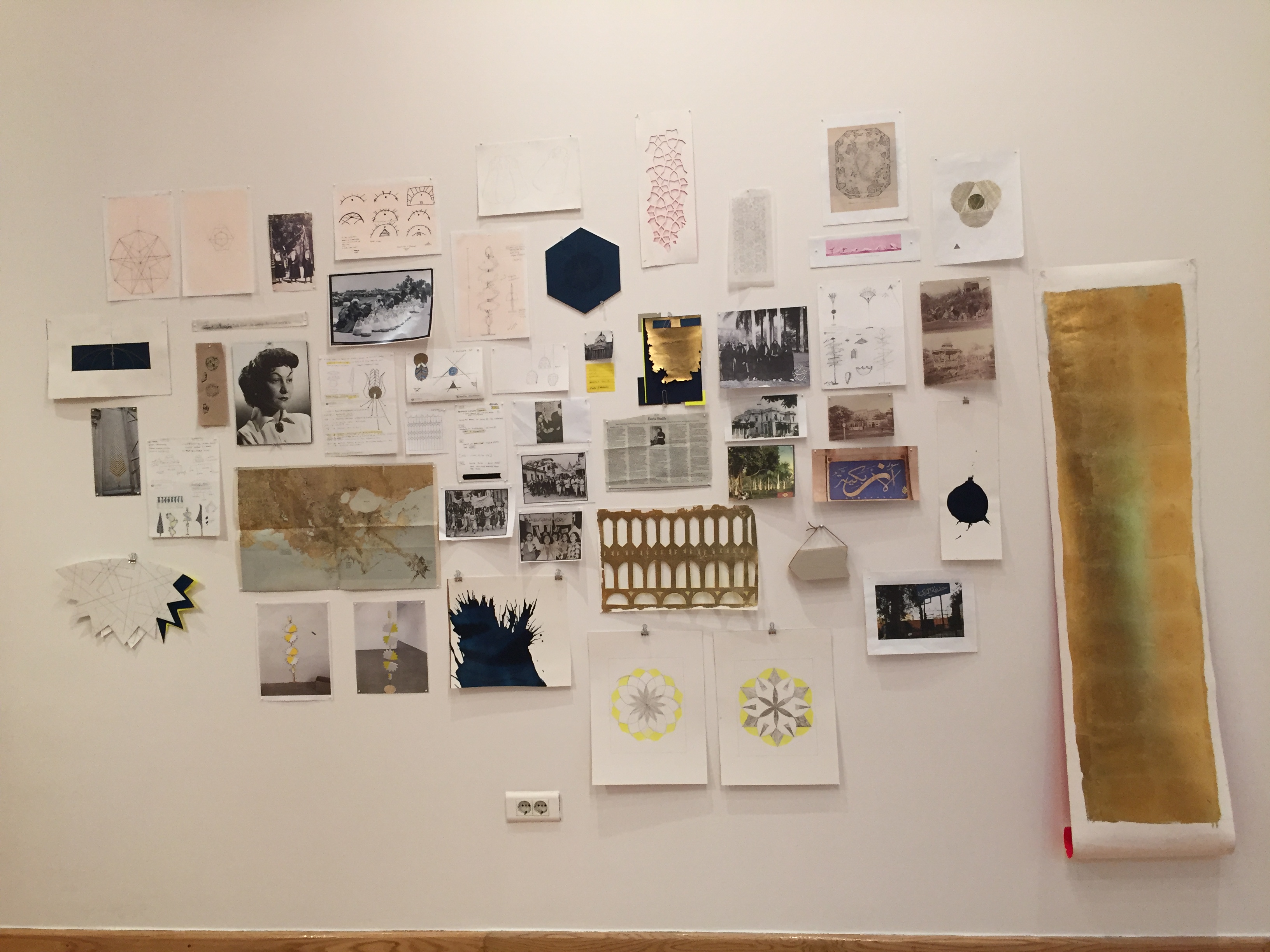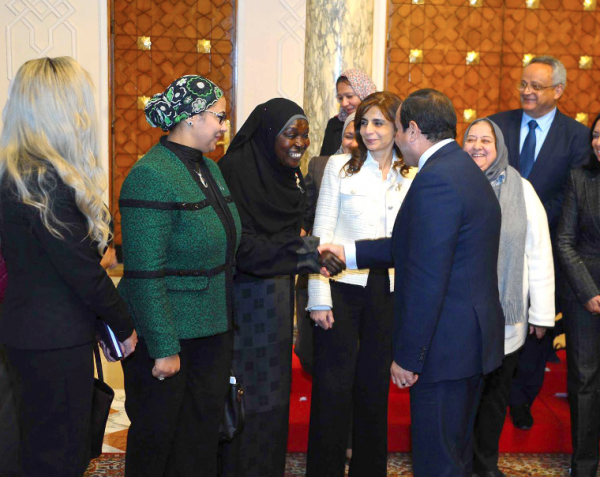Student Gives Advice on Safety During Protests
By: Khaled Morshedy
Ever since the Egyptian political situation became more turbulent, students have been advising others on how they should protect themselves during protests.
Two months ago, Ahmed Yehia, a political science graduating senior, was injured by pro-Muslim Brotherhood protestors near Tahrir Square. After Yehia’s skull was fractured, a chip was inserted into it in order to repair the damage. He was with his brother when he got hit.
Salah Yehia advises those who get injured to head directly towards a renowned privately-owned hospital rather than a pharmacy.
“During protests, military police are all over public hospitals to arrest any injured protestor,” said Salah, an undeclared freshman at AUC, adding that he learned from wrong decisions he made when his brother got injured.
“We went to [a] pharmacy near Tahrir Square, the pharmacist told us the injury wasn’t a big deal, and only needed two stitches,” said Salah, explaining that when they went to a hospital later on, they were told that the injury required an immediate operation.
Ahmed Yehia, says that panicking will terrify fellow protestors and won’t help any participants to make rational decisions. He added that applying coffee to injuries does not help soothe any pain.
Salah’s advice is to notify someone about the injury, call a friend or family member to inform them about the incident and the proposed action plan.
General Hassan Abu Taleb, head of security at AUC, advises students to not participate in protests unless they are completely certain that they are peaceful.
Salah said that unfortunately, if it weren’t for calls friends made to doctors at the hospital Ahmed was taken to, he would have been treated differently. Once nurses knew that Ahmed was the son of a well-known doctor, He was given much more attention.
Salah also spoke of the importance of utilizing social media, saying that it helps significantly to have someone tweet and/or post the details of the situation on Facebook. He added that this helps guarantee that no rumours regarding the injury could be spread.
Social media also helps when blood is required, which is usually the case in severe injuries, said Salah, adding that pages pertaining to protests that have many likes are a “good place to start.”
Salah said that Ahmed needed blood for his surgery, after tweets and Facebook posts, people turned up at the hospital to offer blood.
Finally, relatives of the injured are usually devastated, but it is really important for friends to provide support, “So if you can offer your support to a person in this situation, it would really help them,” said Salah.


